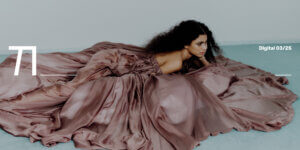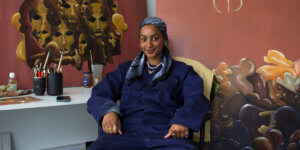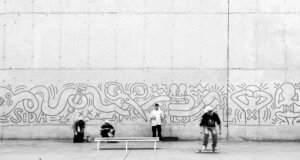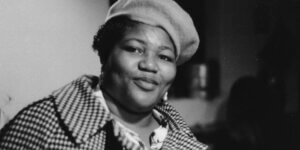
Off the Grid, On the Rise: Spring’s Unscripted Awakening
Awakening after a long winter break is more than just a return to routine—it’s a quiet evolution. In this editorial we capture the moment where stillness meets movement, where elegance lingers in the in-between. Draped in last night’s look, softened yet composed, she embodies effortless sophistication. This is not about excess but about presence—a reflection of strength, resilience, and the quiet power of beginning anew.































